After yesterday’s abrupt and humiliating departure of Germany’s defence minister, Christine Lambrecht, beleaguered chancellor Olaf Scholz has today appointed her replacement. If you were expecting a stellar appointment, prepare to be disappointed. If, however, you have followed Scholz’s pilgrim’s progress on the war in Ukraine closely, then you can enjoy the sensation of your low expectations being met.
The new hire in question is Boris Pistorius, a stalwart of Scholz’s Social Democratic party (SPD). He has never held military rank. He has never held national office. He is a former mayor of Osnabrück, and was, until his elevation to the federal cabinet, the minister of the interior and sport for the state of Lower Saxony.
It’s hard not to laugh at the idea of a regional minister of the interior confronting the greatest European foreign policy challenge since 1945
It’s hard not to laugh at the idea of a regional minister of the interior confronting the greatest European foreign policy challenge since 1945. In his announcement of the new hire, Scholz let slip some of his characteristic passive aggression. ‘Pistorius is an extremely experienced politician who has administrative experience, has been involved in security policy for years — and with his competence, assertiveness and big heart, is just the right person to lead the Bundeswehr through this epochal change’, he said.
In this case, ‘extremely experienced politician’ is a rebuke to Lambrecht, whose error-prone leadership of what could have been a serious military at the forefront of Europe’s defence had, until last week, enjoyed the chancellor’s full support. If you’re wondering what ‘security experience’ an interior minister might have – and whether it might be up to confronting an invasion of a neighbouring country, unseen for eighty years in Europe – there are no obvious answers.
As for ‘a big heart’, well, Lord only knows. What Scholz means but cannot say is that Pistorius is a loyal party man, not a specialist. A bag carrier, a facilitator, an important figure in, for example, the coalition talks that eventually brought Scholz into power as chancellor in 2021. The most loyal of the loyal.
Perhaps this is the sort of man you want about you in the midst of a political crisis. And Scholz is certainly mired in one of those. But to run your dysfunctional defence bureaucracy during a major war? This seems too much.
Comparisons of this kind are not always fair, but consider who Germany’s rough equivalent nations are fielding in jobs like this. America’s Lloyd Austin, secretary of defence, is a giant of a man and a long-serving general. He makes occasional verbal slips, but speaks with the authority of the world’s greatest military power at his back.
Ben Wallace is a fixed point in a changing age: defence secretary for three prime ministers and likely to remain in post for the duration of the war, unless it drags on beyond a general election. Previously minister of security. A military man – captain in the Scots Guards – who is known to be master of his brief.
Ukraine’s defence minister Oleksii Reznikov had only been in post for a few months when Russia invaded his country, but he has shown himself to be a capable leader. He is widely liked in his own country and by his foreign equivalents, and has proved himself able in the propaganda arena. Like so many in the Ukrainian government, Reznikov has gained stature and gravitas as time has gone on.
What hope does the Lower Saxonian minister of sport have to make his mark on these people? Pistorius should be faulted, in a sense, for taking the job – but he did not appoint himself. Blame lies with the chancellor. There are many excellent German officers who could be appointed to the post. German security analysts in the think-tank world are among the very best and most incisive.
To pick names from thin air, Tobias Schneider of the Global Public Policy Institute would be a world-class defence minister. Christian Freuding, a brigadier general in the Bundeswehr, has given TV briefings on the war which have gone moderately viral online. He’d also be a better choice than the new guy.
They would be slightly unconventional selections, but at least they would be the selections of a chancellor who cared about military policy, rather than one keen to reward loyalty over skill and political capacity over an understanding of the important movement Europe as a whole now faces.
After a scandal-plagued minister departs, the executive has an opportunity to show, in choosing their replacement, a bit of deliberation and seriousness. To demonstrate that the leader understands the problem, takes some responsibility, and is now interested in setting things right.
It seems that Scholz is yet to reach that stage. Barring some miracle, this is further proof that Germany is yet to get serious about what this epochal war really means.
Got something to add? Join the discussion and comment below.
Get 10 issues for just $10
Subscribe to The Spectator Australia today for the next 10 magazine issues, plus full online access, for just $10.

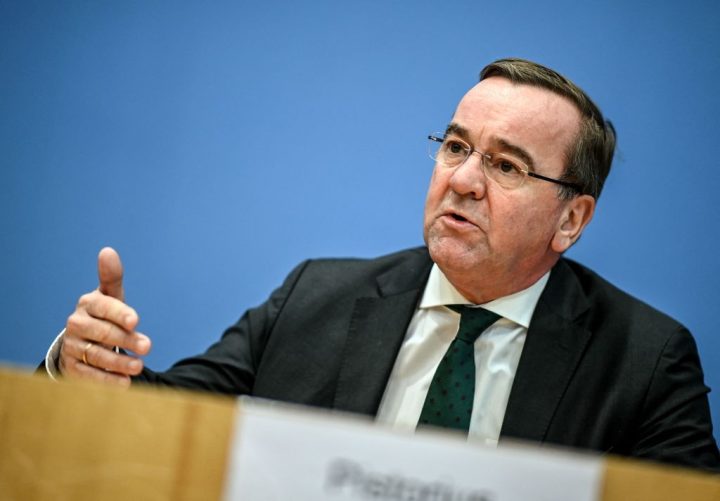
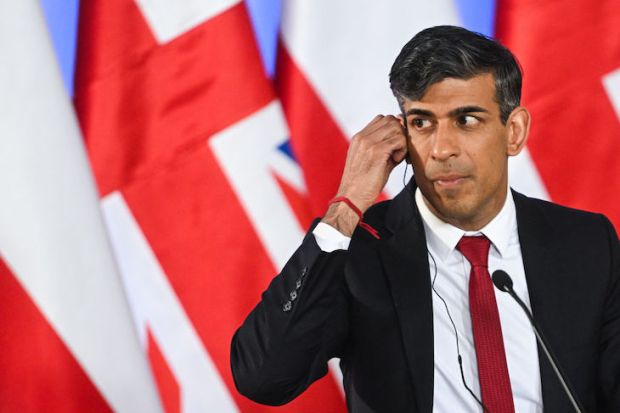
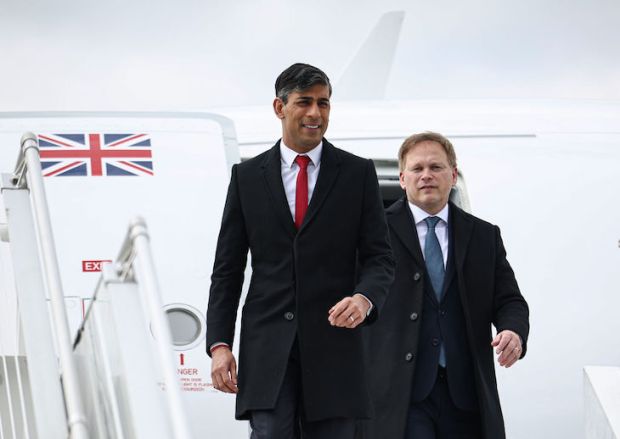
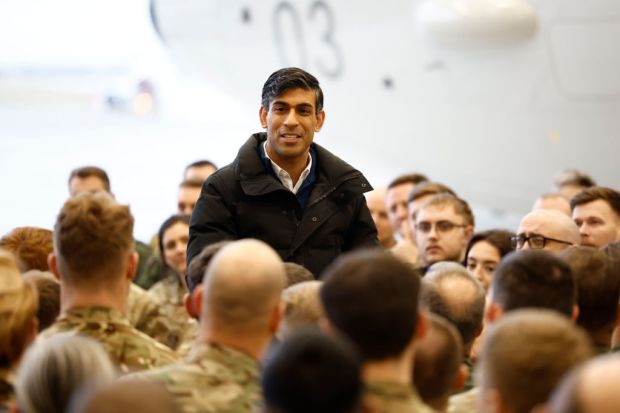
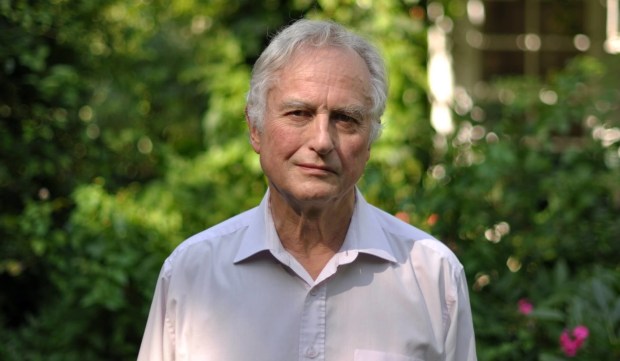














Comments
Don't miss out
Join the conversation with other Spectator Australia readers. Subscribe to leave a comment.
SUBSCRIBEAlready a subscriber? Log in